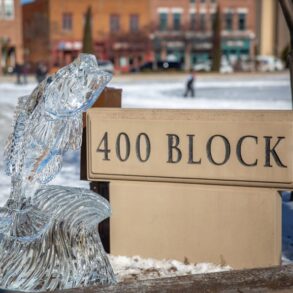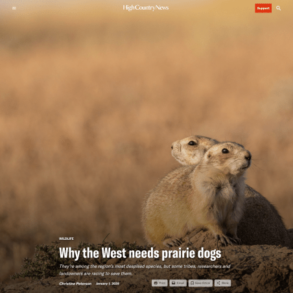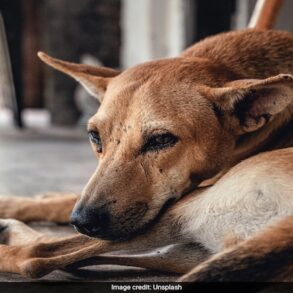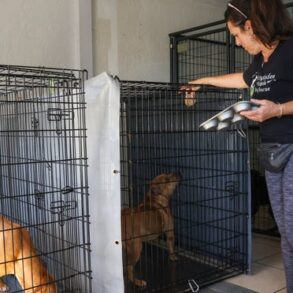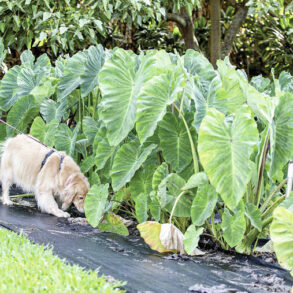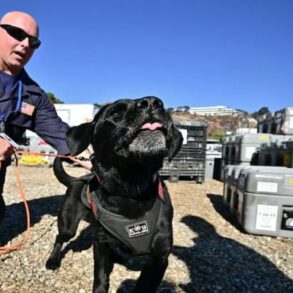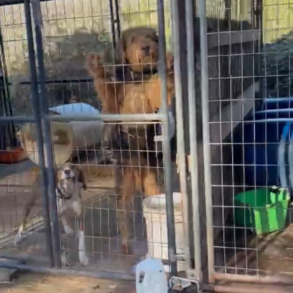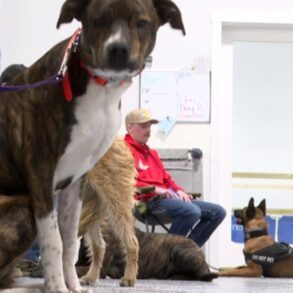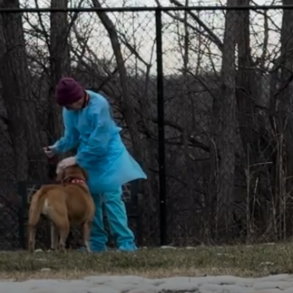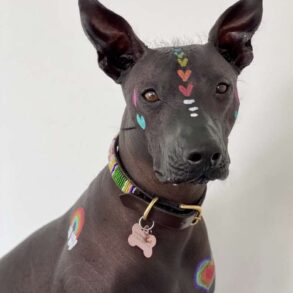According to Buddhism, dogs are part of the cycle of life and karma. In Judaism and Islam, however, some consider canines impure and contemptible, and one should distance oneself from them. In Buddhism, dogs, like all living beings, possess a soul and deserve compassion and kindness and should not be treated cruelly. For Thais, the dog symbolizes loyalty, protection, and closeness.
On the small Thai island of Koh Samui, tens of thousands of stray dogs roam freely, a common sight everywhere. This is reminiscent of the prevalence of cats in other countries. These dogs, often mixed breeds due to centuries of interbreeding, are surprisingly clean, well fed, and calm. They spend most of their days basking in the sun, seeking shade when it’s hot, and finding shelter during the frequent continuous rains.
The compassion shown to these animals is remarkable. Early in the morning or late in the afternoon, many Koh Samui residents arrive at designated spots, carrying large containers filled with dog food or leftover meat. Packs of dogs gather quietly to feast on the offerings. “I come every morning to feed them before work,” one resident told me, arriving with several large buckets in her car.
Dogs that form bonds with specific people are often adopted informally. They receive names and care from the local community. I met a dress shop owner at the market who runs daily to get a succulent meat skewer from a nearby food stall for his dog, Prima. Every afternoon, Prima comes and sits by the shop, patiently waiting for her tasty meal.
Before 1999, when the first organizations dedicated to spaying and neutering dogs were established, the island’s dog population grew unchecked. Dogs were once valued as guardians and were considered a natural part of Thai life. Buddhism, which advocates for non-harm to all living creatures, discourages sterilization.
However, Thai society is gradually becoming more accepting of population control measures for stray animals. Volunteer organizations now spay and neuter street dogs and return them to their neighborhoods. Others operate shelters for sick, injured, or aggressive dogs rescued from the streets.
A harmonious relationship
The biggest shelter, the Samui Dog and Cat Rescue, currently houses around 300 dogs. A small section is reserved for aggressive dogs, while the rest live out their golden years in a five-star retirement home, grouped in packs of varying sizes. They are provided with excellent care, which includes nutritious food and regular veterinary check-ups, ensuring they live comfortably and peacefully until their natural time to leave this world arrives.
I was impressed by the harmonious relationship between the island’s residents and the dogs. The people are kind and respectful toward the lovely animals, while the dogs, well fed and content, seem to have adopted a Buddhist-like tranquility.
This post was originally published on this site be sure to check out more of their content.




